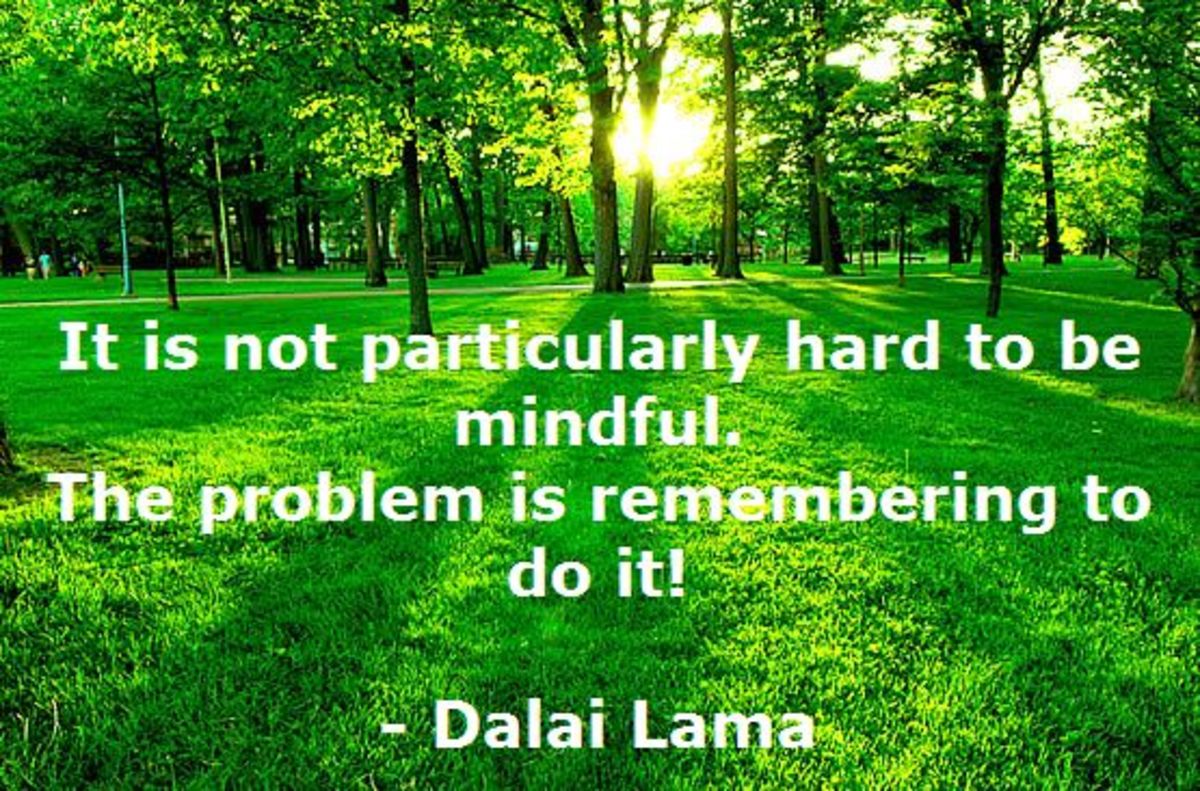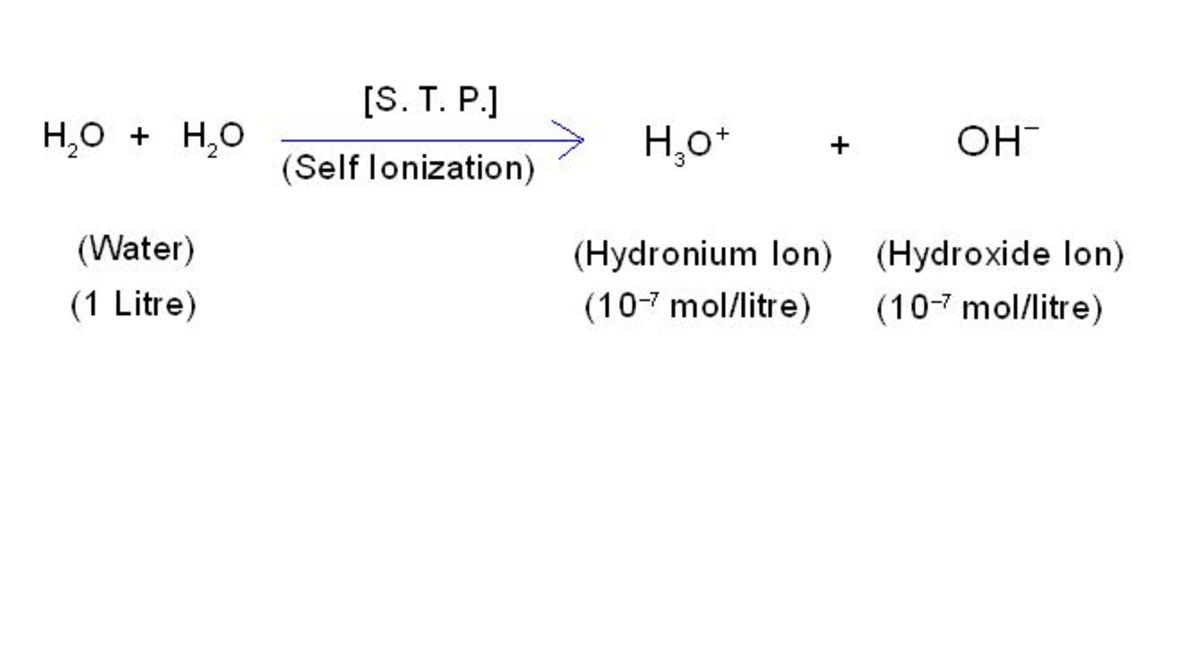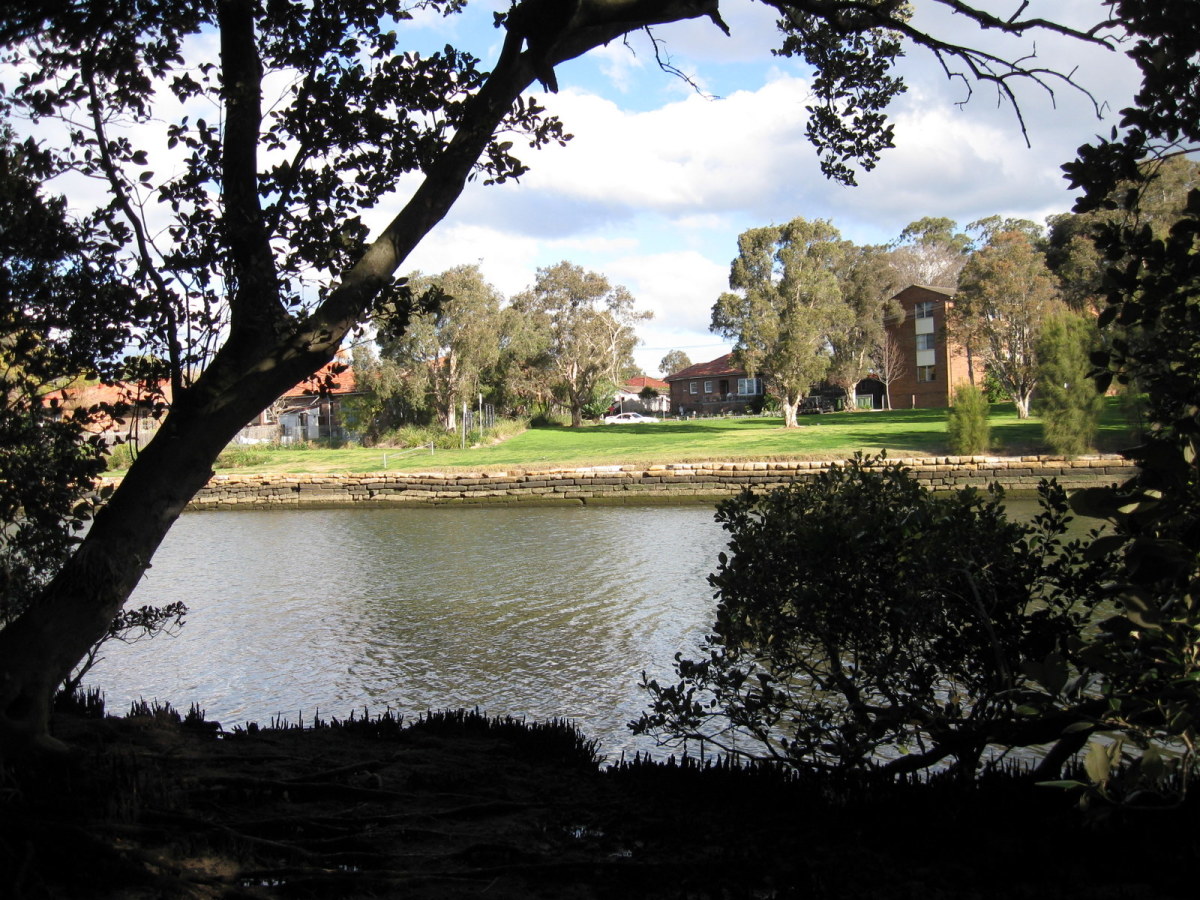DBT - Take Back the Controls With Mindfulness

Slaves to our Instincts?
Focusing on acceptance, DBT (Dialectical Behavioural Therapy) helps you to identify and label your emotions by teaching individuals how to understand themselves. It is a therapy that uses a balance of accepting who you are and making positive changes in your life, in turn, understanding oneself should lead to dealing with experiences and emotions differently.
DBT is a very useful therapy for people who are struggling with anger, anxiety or depression. As human beings, we operate automatically - things immediately give us an emotional reaction, and then we can almost subconsciously follow that through with a physical or vocal reaction. The first step to changing a habit is to identify it, meaning we must put more thought into our automatic reactions.
Intended to be a useful tool, automatic reaction is a part of what makes us so successful on the evolutionary scale. Because our body and mind get so used to reacting in a certain way, our reactions quickly become a reflex and we can form a number of habits. Although this is great in some situations, it can hinder us in others where a negative or unhealthy reaction can become the norm.

Undesirable Habits
Learning undesirable habits can make us rash, and unreasonable. Often following this reaction we will be unsure as to why we acted as we did, it can leave us feeling guilty and unhappy.
We should have control over our actions, right? The truth is, control comes with work, time, and focus.
What About You?
Do you find yourself feeling guilty about your emotions?
Feelings aside - it's all chemistry
What is an emotion? It’s a chemical process which takes place in the brain. What we do know is that psychology is malleable, and you are able to influence your brain processes and reprogram your thinking and resulting brain chemistry. Although it can be difficult sometimes, we do have some control over our thoughts.
Quick demonstration exercise.
Think of a glass of lemon juice, and what it would be like to take a big sip.
Can you taste it?
Can you feel the 'sour' taste-buds firing off in your mouth?
Feel the hint of lemony taste on your tongue?
This exercise proves that we can control what we envision. With practice, we can control how we predict and react in regards to our sensations and feelings.

Are you caught in a whitewater rapid of thoughts?
Although achievable, it takes time, effort and focus to change and adopt this entirely new way of objective thinking. It's not exactly something you can just decide 'Oh this makes sense, I will just think like this from now on, and nothing will bother me again. Huzzah!'. With this said, it's achievable and definitely worth it.
Let's start at the beginning.
The first step to doing this is to recognise and label your thoughts, take a few minutes to meditate. The aim of the game here is to avoid getting caught up in the cognitive tidal wave which constantly torrents through your mind. Paddle to the side of this river, take a seat on the bank and just watch it flow by.
The objective is to stay focused. You will see lots of thoughts, memories and ideas carried down the river. Inevitably, you will find yourself clinging onto this piece of debris, being carried on down the river too. This is normal, but just remember what you are trying to do. Remain calm, paddle on back to the riverside and try again.
You will begin to see patterns of behaviour and certain thoughts that reoccur will become obvious. For these, you can label them accordingly.
"Oh there's the 'I'm Fat' thought again, and there's the 'shame' emotion."
Instead of being caught by these, recognise them for what they are. Notice what thoughts and feelings follow what. Detach these from yourself and feel about them as you would passing cars. Watch, notice, feel, but don't hold on.
This is good practice to use in day to day life that will prevent you getting caught up in the river. If you find yourself often feeling angry, you can label this ‘the anger emotion’. In doing this you take away the personal aspect of this, you remind yourself that although thoughts protrude from you, they are not you.
Attention Begats Control
Being angry is an automatic response to a stimulus, most of the time you haven’t consciously decided to become angry. Although you do not have complete control over this, labelling this emotion/reaction and noticing how you feel can break the chain of automatic reaction. In doing this, you take control of the situation and begin to build a new set of habits. In turn, this kind of process will become easier and easier.

Feel It - Don't Fight It.
It’s important that you do not squash the emotion, but allow yourself to properly experience it and then make your decision.
In turn, that initial ‘anger’ emotion will seem to have less and less impact, ultimately losing the influence it has over you. You will see yourself becoming a less angry person, this is called emotional intelligence. If you are 'in touch' with your emotions and forgive yourself no matter what emotions you experience, you will see that in turn you will have control over how you deal with them.
This is applicable for all kinds of thoughts and emotions that you may struggle with.
Mindfulness DBT
Time Travel-sickness
What do I mean by Time Travel?
You may think that you are being responsible, being a 'good person' by obsessing over your faults and failings, however, the truth is that doing this is incredibly damaging to your mental wellbeing and prospects. This links into not getting washed away with your thoughts.
The Past
I mean don't get stuck in the past, ruminating and dwelling on past events, regretting situations, thinking what you could have, would have done better had you known what you know now. The fact of the matter is; what is done is done - you can't change the past now, all you can do is learn lessons from what has happened and move on.
The Future
By the same hand, if you are stuck in what's yet to come - anxiety and fears over what may or may not happen in the future can also be a mental killer. It's going to sap all of your energy, affect how well you perform and totally throw you off your game
The Present
This is where you should be. Live in the now, focus on what's happening today, this minute, this second. Watch it all unfold and steer it in the direction it needs to go. But that doesn't mean that you should abandon all other places in time completely.
Remember - Anticipation and Reflection are both very useful tools towards your life and give you a level of foresight and introspection which, if properly harnessed can give you a massive advantage in life. We evolved these qualities for a reason.
Live in the Present Moment
Ancient Native American Proverb
An old Cherokee is teaching his grandson about life:
“A fight is going on inside me,” he said to the boy.
”It is a terrible fight and it is between two wolves. One is evil – he is anger, envy, sorrow, regret, greed, arrogance, self-pity, guilt, resentment, inferiority, lies, false pride, superiority, and ego.”
He continued, “The other is good – he is joy, peace, love, hope, serenity, humility, kindness, benevolence, empathy, generosity, truth, compassion, and faith. The same fight is going on inside you – and inside every other person, too.”
The grandson thought about it for a minute and then asked his grandfather: “Which wolf will win?”
The old Cherokee simply replied, “The one you feed.”

Meditation: The facts
Many regard practices like meditation and mindfulness as 'hippy nonsense' or such, however. 'Mindfulness' is the term which has modernism practices which have been honed and perfected over thousands of years in Asia. Monks in Vedic faiths have been practising meditation and mindfulness for a long time, western mindfulness is on the other hand, relatively new.
With modern scientific methods, we have been able to study the effects of meditation on the brain and behaviour. It's almost unanimously resulted in positive results for the subjects who had been practising mindfulness.
Tests have resulted with a direct correlation with increased attention span, faster reaction times, lower anxiety levels, and more control over emotional reactions. The ultimate verdict seems to point to the practice of meditation being a voluntary mental upgrade.








